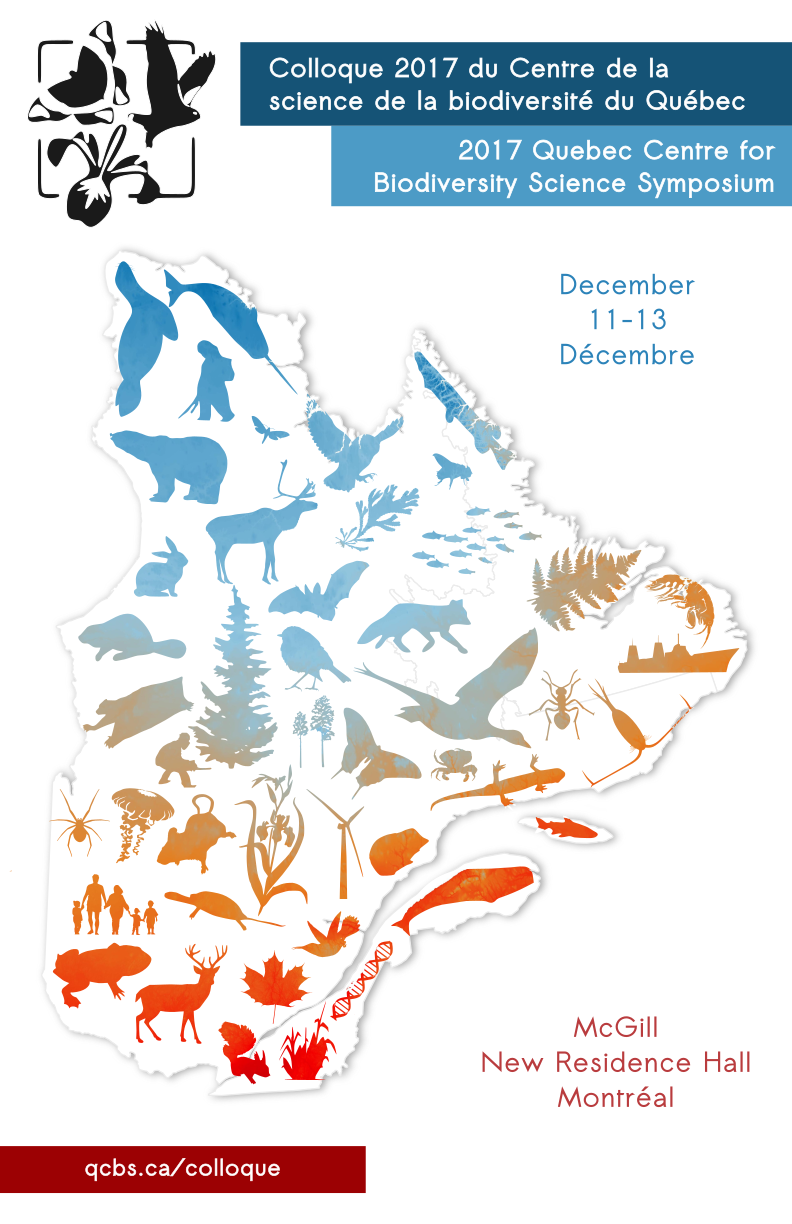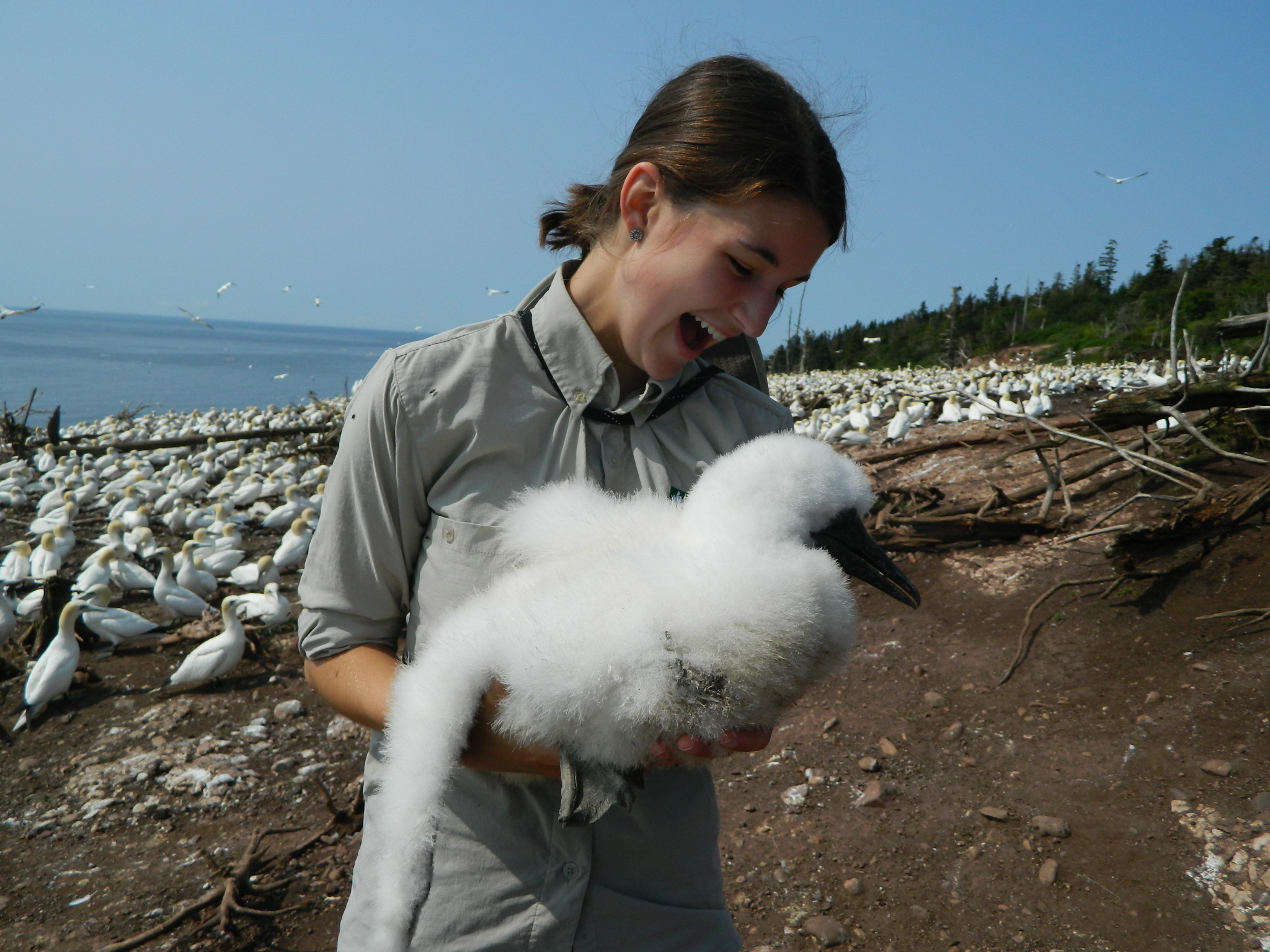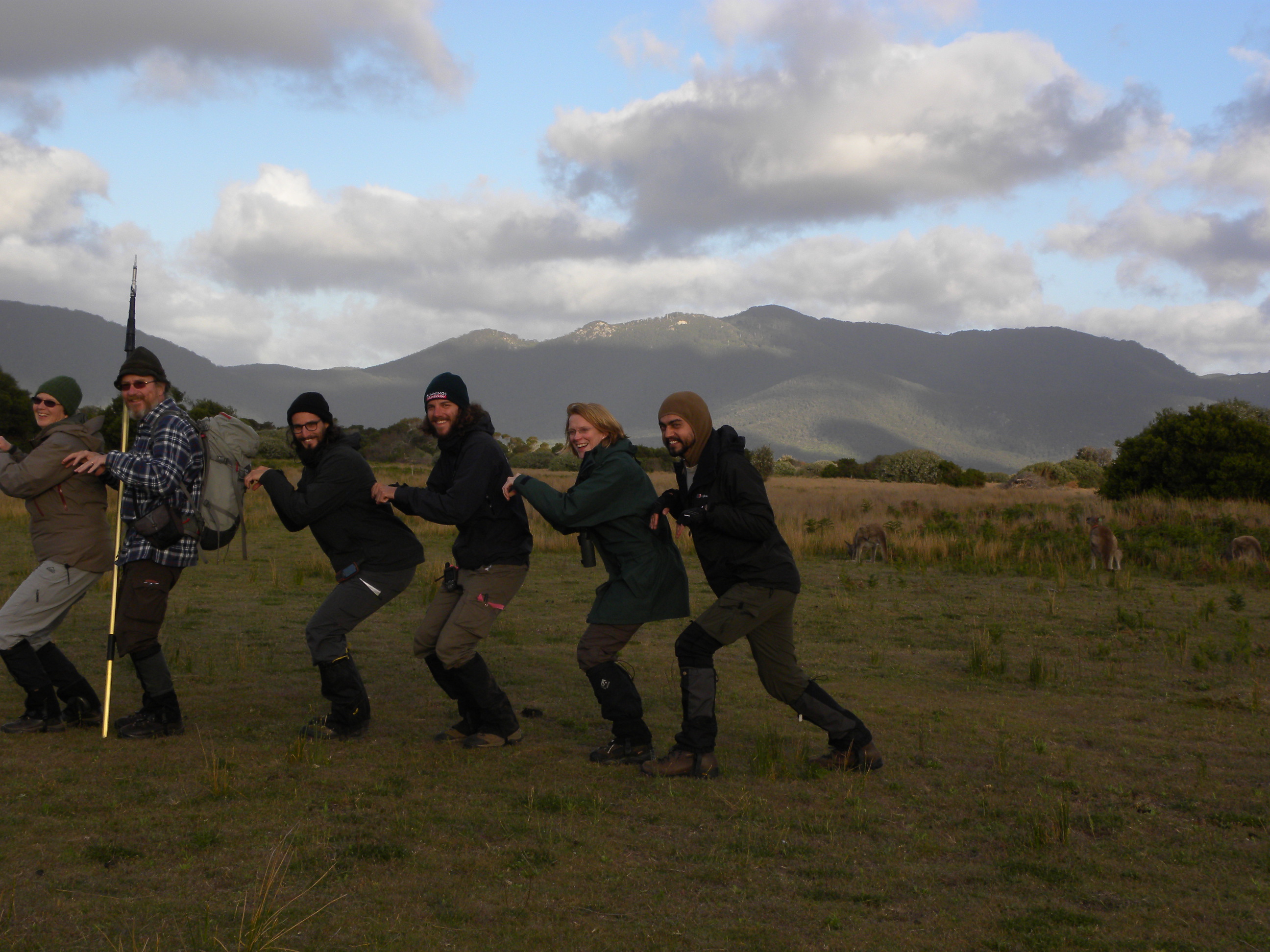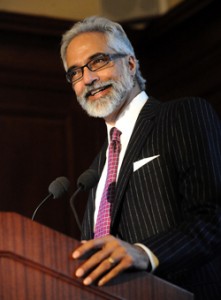General Information
This year the QCBS is holding its annual symposium from December 11-13 at the McGill New Residence Hall in Montreal.
Venue
The 2017 Symposium will be held at McGill’s New Residence Hall on 3625 Park Ave, Montreal, Québec H2X 3P8.
The winners of the QCBS symposium prizes
The QCBS would like to congratulate the following QCBS students for receiving the 2017 Symposium prizes:
- QCBS prize: Sabrina Rondeau (Université Laval) – “Préserver les services de pollinisation grâce à la lutte alternative contre la varroase en apiculture”
- 1st place for best presentation: Valérie L’Heureux (UQAM) – “Effet de la densité de population lors du développement et de la diète sur la résolution de conflits”
- 2nd place for best presentation: Audréanne Loiselle (Université de Montréal) – “Impacts de l’urbanisation sur la diversité taxonomique et fonctionnelle de la flore des milieux humides non-riverains”
- 1st place for best poster: Rebecca Garner (Concordia University) – “Unexpected “Freshwater” Bacterial Diversity in Arctic Ocean Metagenomes”
- 2nd place for best poster: Laura Chouinard-Thuly (McGill University) – “Wild and laboratory exposure to cues of predation risk increase relative brain mass in male guppies”
The winners of the photo contest
According to a public vote, the winning pictures were:
Nature category
- 1st place: “Du Corail de Charlevosien” by Camille Pelletier Guittier
- 2nd place: The sentinel by Benjamin Brunen
At work category
- 1st place: The art of fishing with a cast net by Felipe Perez-Jvostov
- 2nd place: “Extase et guano” by Camille Pelletier Guittier
Social life category
- 1st place: Use and misuse of butterfly nets by Lea Blondel
- 2nd place (tie): International collaboration by Wendy J. King
-
Haute cuisine by Luca Montana
Congratulations!
December 11 workshop
Workshop on co-development and human dimensions in biodiversity research. Following up on this workshop, a training workshop titled “Group faciliation: better handling the human dimensions of biodiversity-related research and conservation” will be offered December 14 and 15. This workshop offers an interactive space for reflection and experience among researchers and professionals in the field of conservation and sustainable management around two themes: multi-actor project management and project co-development. The workshop will demonstrate the postures and tools required for those questions, and give time to the participants to initiate think tanks and potential future cooperation.
Symposium – December 12 & 13
Plenary speaker
Dr. Shahid Naeem is professor of ecology, Department Chair, and Director of Science, Earth Institute Center for Environmental Sustainability (EICES) at Columbia University. A ISI Highly cited researcher, Naeem pioneers ways of understanding how ecosystems are affected by the loss of species. Recipient of the Ecological Society of America’s Buell and Mercer Awards and the Lenfest Distinguished Faculty award at Columbia University, he is also a fellow of the American Association for the Advancement of Science and an Aldo Leopold Leadership fellow. Naeem led the production of Biodiversity, Ecosystem Functioning, and Human Well-Being, an edited book released in September of 2009, which summarizes the findings of over 900 scientific studies that have shown how biodiversity loss impacts nature and our society. His research on the interactions between biodiversity and ecosystem services, once a highly controversial topic, has increasingly become a critical part of the argument for the protection of species and an integral part of conservation programs.
Read A Conversation With Shahid Naeem, Biosustainability Scientist, the Atlantic.
Listen: SciTech Now: Mass Extinction with Shahid Naeem
Panels
- The role of researchers in a scientific advisory system for decision-makers and managers: perspectives from Quebec
- Media representations of biodiversity
- Invasive species research: future challenges and opportunities panel
Registration
Fees increase by 30% after December 3, midnight!
| Registrant type | Workshop (Dec 11) | Symposium (Dec 12-13) | Workshop and Symposium |
|---|---|---|---|
| Private sector and governmental | $100 | $200 | $300 |
| QCBS researcher | $75 | $150 | $225 |
| Non-QCBS researcher | $100 | $200 | $300 |
| QCBS student or postdoc | $25 | $100 | $125 |
| Non-QCBS graduate student or postdoc | $50 | $150 | $200 |
| Nonprofit organization | $75 | $150 | $225 |
| Undergraduate or CEGEP student | $25 | $50 | $75 |
| Invited | $0 | $0 | $0 |
Transportation
Accommodations
Presenting at the Symposium
Deadline for abstract submission: October 31
Travel Grant Awards
Travel grants are available for QCBS members who need to travel to the conference and are presenting at the symposium.
Photo Contest
Click here for all the details concerning the photo contest
An eco-responsible event
No more paper For the 5th consecutive year, we are engaged in making our event eco-responsible. This year, we are heading towards a level 5 eco-responsible certification! We need your help for this!
We are not using paper Instead of using paper materials, we have gone digital for the QCBS Symposium. All the information about the symposium program will be displayed on screens at the event and on the QCBS 2017 Symposium Sched (colloque.qcbs.ca).
Use public transportation, if you can We highly encourage you to come to the event using public transportation, instead of using your own car. Using public transit is a major move towards diminishing the carbon footprint of your trips! You may use the following websites to plan your trip to the symposium: Google Maps, Société de transport de Montréal and Agence métropolitaine de transport. If you are not able to use public transportation, think of carpooling! CO2 emissions will be compensated in double: make sure you provide us with the information regarding your trip to the workshop and symposium.
Greener food and beverages and a food recovery plan Most of our food and beverages are organic and produced locally! This means that these producers avoid using synthetically produced fertilizers or chemicals derived from fossil fuels. All excess food will be donated to the Maison du Père.
Waste management Our ultimate final waste target is to be under 5g/person and possibly less with your help. All cutlery and cups present at the event will be compostable. We also have a compost program for all food waste! With this action, we reduce the amount of waste going to landfill and cut emissions of methane, a potent greenhouse gas. During the symposium, be sure to dispose of your garbage in each of the correct bins: recycling, compost and landfill waste. We request you to NOT bring any kind of waste from outside to the event (especially landfill waste, like coffee cups and polystyrene materials). We strongly encourage attendees to bring their own refillable water bottles and coffee mugs to the event.
Reuse of name badges We reuse all name badges in future years. Please, think of leaving yours when you leave the event.












